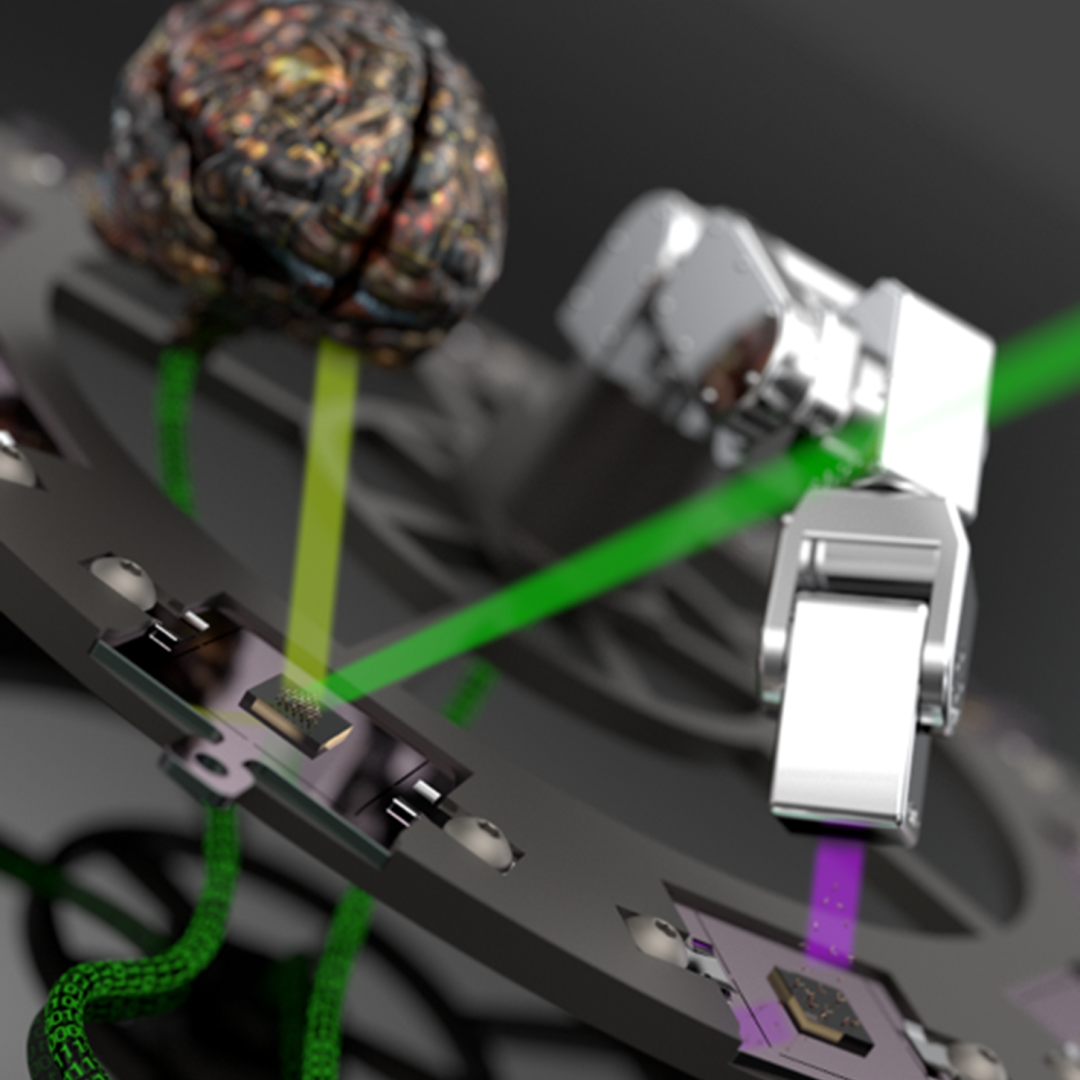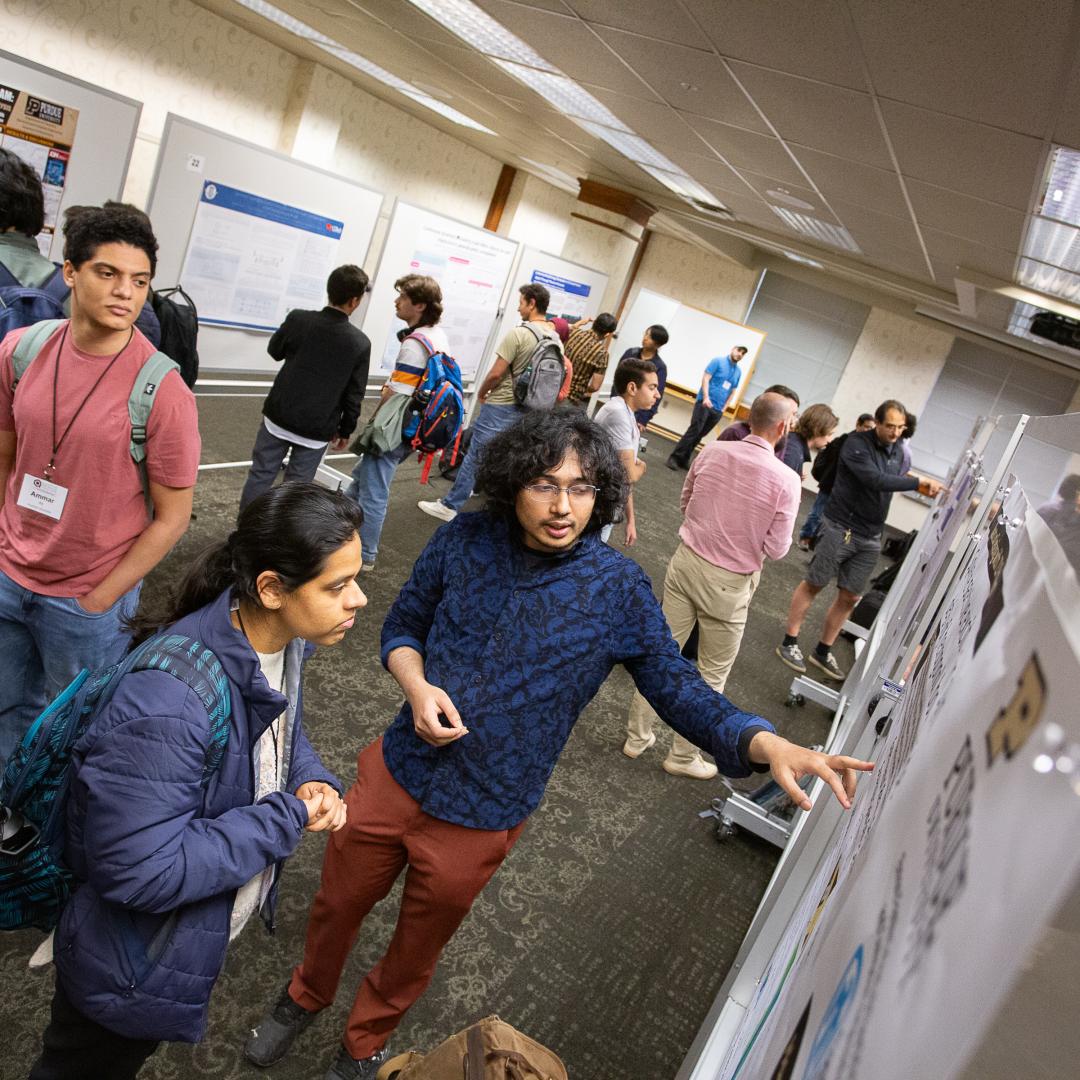Filter News
Area of Research
News Type
News Topics
- (-) Biotechnology (4)
- (-) Mercury (2)
- 3-D Printing/Advanced Manufacturing (27)
- Advanced Reactors (11)
- Artificial Intelligence (26)
- Big Data (16)
- Bioenergy (28)
- Biology (28)
- Biomedical (11)
- Buildings (16)
- Chemical Sciences (15)
- Clean Water (10)
- Climate Change (26)
- Composites (5)
- Computer Science (55)
- Coronavirus (9)
- Critical Materials (4)
- Cybersecurity (12)
- Decarbonization (21)
- Element Discovery (1)
- Energy Storage (33)
- Environment (55)
- Exascale Computing (10)
- Fossil Energy (1)
- Frontier (12)
- Fusion (12)
- Grid (18)
- High-Performance Computing (16)
- Hydropower (8)
- Irradiation (1)
- Isotopes (5)
- ITER (2)
- Machine Learning (15)
- Materials (37)
- Materials Science (36)
- Microscopy (18)
- Molten Salt (1)
- Nanotechnology (15)
- National Security (17)
- Net Zero (2)
- Neutron Science (30)
- Nuclear Energy (27)
- Partnerships (8)
- Physics (16)
- Polymers (7)
- Quantum Computing (7)
- Quantum Science (19)
- Security (6)
- Simulation (6)
- Space Exploration (8)
- Summit (16)
- Sustainable Energy (33)
- Transformational Challenge Reactor (2)
- Transportation (22)
Media Contacts
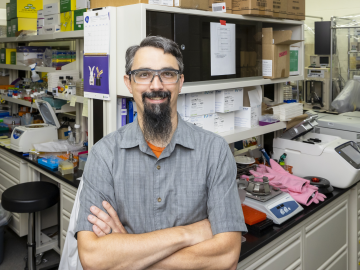
Scientists working on a solution for plastic waste have developed a two-step chemical and biological process to break down and upcycle mixed plastics into valuable bioproducts.
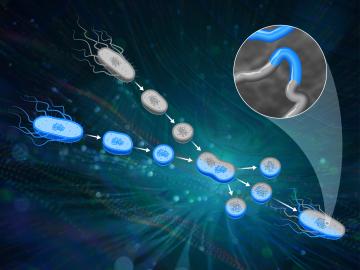
ORNL scientists had a problem mapping the genomes of bacteria to better understand the origins of their physical traits and improve their function for bioenergy production.
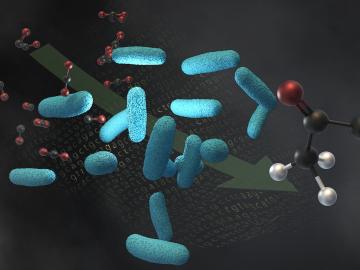
A team of scientists from LanzaTech, Northwestern University and ORNL have developed carbon capture technology that harnesses emissions from industrial processes to produce acetone and isopropanol
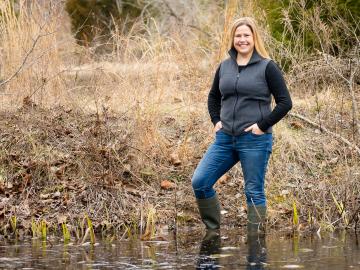
Spanning no less than three disciplines, Marie Kurz’s title — hydrogeochemist — already gives you a sense of the collaborative, interdisciplinary nature of her research at ORNL.
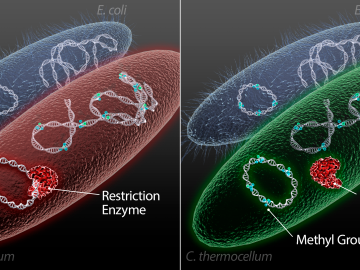
Scientists at the US Department of Energy’s Oak Ridge National Laboratory have demonstrated a method to insert genes into a variety of microorganisms that previously would not accept foreign DNA, with the goal of creating custom microbes to break down plants for bioenergy.
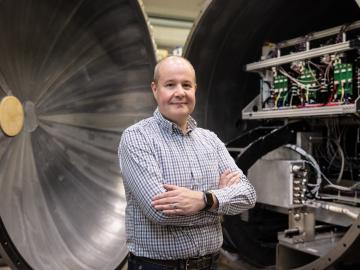
Sometimes solutions to the biggest problems can be found in the smallest details. The work of biochemist Alex Johs at Oak Ridge National Laboratory bears this out, as he focuses on understanding protein structures and molecular interactions to resolve complex global problems like the spread of mercury pollution in waterways and the food supply.


